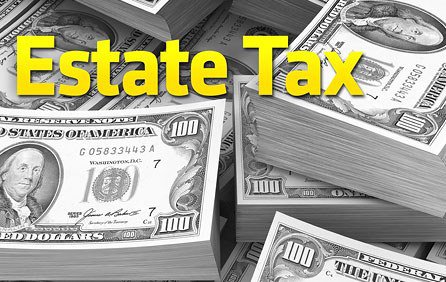This week the Republican-controlled House of Representatives plans to pass legislation that would accelerate inequality ensuring today’s merely wealthy become tomorrow’s obscenely rich.
Those who want to repeal the estate tax have labeled it “the death tax,” but they couldn’t be further from the truth. More than 99.8 percent of Americans who inherit money or property from a loved one get a big tax break. Only one in five members of the top 1 percent pays any estate tax. And those fortunate few who have enough wealth to be subject to the tax pay less than two dimes in tax on every dollar in the estate.
This repeal contrasts greatly with the views our country was built on. A century ago, our ancestors faced the greatest economic inequality in the country’s history. Technological change in the 19th century led to the rise of great railroad and industrial fortunes. In order to avoid the aristocratic wealth that the founders of our country abhorred and left behind in Europe, Congress passed an estate tax in 1916.
Today, the great technological advances of the late 20th century have allowed wealth to both explode and to concentrate. Yet today’s Congress appears poised to repeal the estate tax and further accelerate inequality and hurt lower- and middle-class Americans.
Contrary to conservative mythology, 998 of every 1,000 estates get a tax break at the time of death. Here’s how that works. When a family member dies, all of the accrued capital gains taxes on things the person owned at the time of their death – a home, a stock portfolio, jewelry, collectibles – are forgiven. Their heirs receive their inheritance tax-free. They don’t even declare that money as income on their income tax return.
Say your grandmother bought her house 50 years ago and paid $15,000 back then. Today, that house is worth $200,000. If she sold it the day before she died, she would have had to pay capital gains taxes of $37,000 (20 percent tax rate) on the $185,000 increase in value. But at the time of death, every investment the person owned is revalued for tax purposes as of the date of death. So if you inherit the house and decide to sell it, its tax value is $200,000 and you would owe no capital gains taxes. This tax rule saved your family $37,000.

